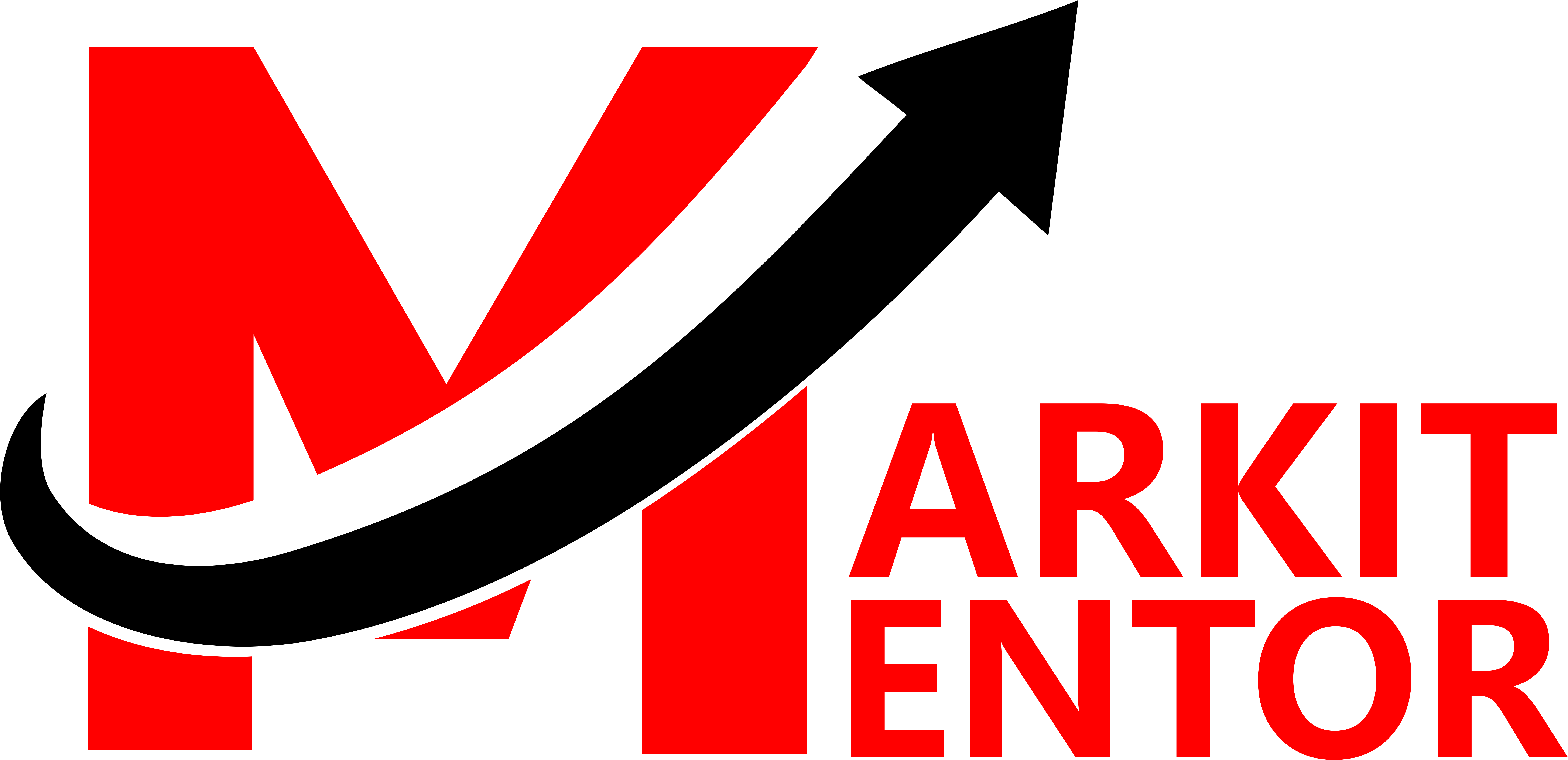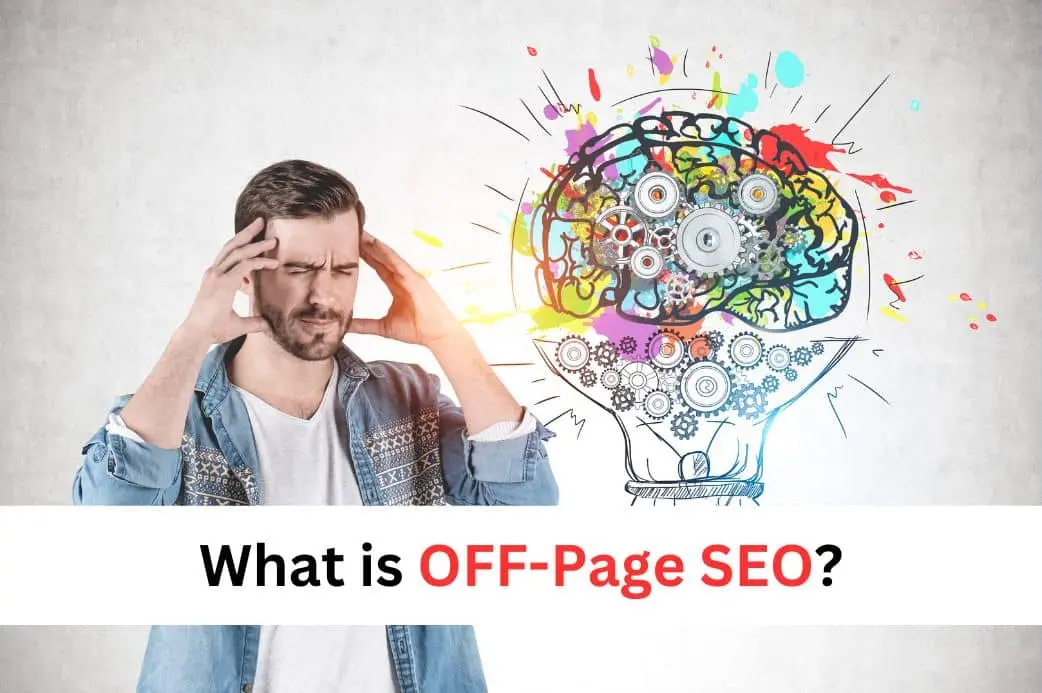In the ever-evolving world of digital marketing and search engine optimization (SEO), off-page SEO plays a crucial role in determining a website’s success. While on-page SEO focuses on optimizing your website’s content and structure, off-page SEO is all about what happens beyond the boundaries of your site. In this blog post, we’ll delve into the concept of off-page SEO, its importance, and some effective strategies to improve your website’s off-page SEO.
What is Off-Page SEO?
Off-page SEO, also known as off-site SEO, refers to all the activities and strategies that you implement outside your website to improve its search engine ranking and overall online presence. The primary objective of off-page SEO is to establish your website’s authority, credibility, and relevance in the eyes of search engines like Google.
Importance of Off-Page SEO
- Search Engine Ranking: Off-page SEO is a critical factor that search engines use to determine the quality and authority of your website. Websites with strong off-page SEO are more likely to rank higher in search engine results pages (SERPs).
- Trust and Credibility: Off-page SEO helps in building trust and credibility for your website. When other reputable websites link to your content, it signals to search engines and users that your website is a trusted source of information.
- Increased Visibility: Effective off-page SEO can significantly boost your website’s visibility in search results. This increased visibility can drive more organic traffic to your site, increasing your chances of converting visitors into customers.
- Brand Awareness: Off-page SEO activities such as social media marketing and content promotion help in creating brand awareness and recognition, which can be instrumental in long-term success.
Key Off-Page SEO Strategies
Now that we understand the significance of off-page SEO, let’s explore some essential strategies to improve your website’s off-page optimization:
- Link Building: High-quality backlinks from authoritative websites are one of the most powerful off-page SEO factors. Create engaging, valuable content that naturally attracts backlinks from other websites in your niche. Avoid black-hat techniques like buying links, as they can harm your website’s reputation.
- Social Media Marketing: Active participation on social media platforms can boost your website’s off-page SEO. Share your content, engage with your audience, and encourage social sharing. Social signals, such as likes, shares, and comments, can indirectly influence your search engine rankings.
- Guest Blogging: Guest posting on reputable websites in your industry can help you gain exposure, build backlinks, and establish your authority. Ensure that your guest posts provide valuable insights and are not overly promotional.
- Content Marketing: Create high-quality, shareable content that resonates with your target audience. Infographics, videos, and in-depth articles can attract more backlinks and social shares, improving your off-page SEO.
- Online Reputation Management: Monitor your online reputation by responding to customer reviews and addressing any negative feedback. A positive online reputation can enhance your website’s credibility.
- Local SEO: If your business has a physical presence, optimize your off-page SEO for local search by claiming and optimizing your Google My Business listing and building local citations.
- Influencer Marketing: Collaborate with influencers in your industry to promote your content and products. Influencers can help you reach a wider audience and build trust with their followers.
Additional off-page SEO strategies and offer a few tips on how to implement them effectively.
- Social Bookmarking: Submit your best content to social bookmarking websites like Reddit, Digg, and StumbleUpon. These platforms can drive traffic to your site and increase the chances of your content going viral.
- Email Outreach: Reach out to bloggers, webmasters, and influencers in your industry to promote your content or request backlinks. Personalized and well-crafted outreach emails can be an effective way to build relationships and secure valuable off-page SEO opportunities.
- Broken Link Building: Identify broken links on authoritative websites in your niche and offer to replace them with your relevant, high-quality content. This tactic not only helps those websites fix their broken links but also provides you with valuable backlinks.
- Forum Participation: Engage in relevant forums and online communities in your industry. Share your expertise, answer questions, and include a link to your website in your forum signature if allowed. This can establish you as an authority and drive targeted traffic.
- Brand Mentions: Monitor the web for mentions of your brand or products. Whenever your brand is mentioned but not linked to your website, reach out to the source and request a link. This can help you capitalize on existing opportunities and build your backlink profile.
Tips for Effective Off-Page SEO:
- Quality Over Quantity: Focus on getting high-quality backlinks from reputable sources rather than trying to acquire as many backlinks as possible. A few authoritative backlinks can have a more significant impact than numerous low-quality ones.
- Stay Ethical: Avoid engaging in black-hat SEO practices, such as link farms, keyword stuffing, or spammy tactics. Search engines are becoming increasingly sophisticated at detecting and penalizing such activities.
- Consistency is Key: Off-page SEO is an ongoing process. Regularly update and promote your content, engage with your audience on social media, and keep building relationships within your industry.
- Measure and Adjust: Use tools like Google Analytics and SEO monitoring software to track the impact of your off-page SEO efforts. Adjust your strategies based on the data to achieve better results over time.
- Patience Pays Off: Improving your off-page SEO and seeing the results can take time. Be patient and persistent in your efforts, and remember that the benefits are often long-lasting.
Conclusion
Off-page SEO is an essential component of any successful digital marketing strategy. By implementing effective off-page SEO techniques, you can improve your website’s search engine rankings, boost its visibility, and establish your brand as a trusted authority in your niche. Remember that off-page SEO is an ongoing process that requires consistent effort and attention to reap long-term benefits.
Frequently asked questions (FAQs) about off-page SEO:
1. What is off-page SEO?
Off-page SEO, also known as off-site SEO, refers to all the activities and strategies employed outside your website to improve its search engine ranking and overall online presence. It includes tactics like link building, social media marketing, and content promotion.
2. Why is off-page SEO important?
Off-page SEO is important because it helps establish your website’s authority, credibility, and relevance in the eyes of search engines. It contributes to higher search engine rankings, increased visibility, and enhanced trustworthiness.
3. What are backlinks, and why are they crucial for off-page SEO?
Backlinks are incoming links from other websites to your site. They are a significant factor in off-page SEO because search engines see them as votes of confidence in your content. High-quality backlinks from authoritative sources can boost your website’s credibility and ranking.
4. How do I build high-quality backlinks?
To build high-quality backlinks, create valuable, shareable content, and promote it through outreach to bloggers, influencers, and relevant websites. Engaging in guest blogging, broken link building, and networking in your industry are also effective techniques.
5. What are social signals in off-page SEO?
Social signals refer to engagement metrics on social media platforms, such as likes, shares, comments, and follows. While not direct ranking factors, social signals indirectly impact off-page SEO by increasing visibility, traffic, and brand awareness.
6. Is guest blogging still effective for off-page SEO?
Yes, guest blogging remains effective for off-page SEO when done correctly. Focus on providing high-quality, informative content and choose reputable websites in your niche for guest posting.
7. How can I monitor my off-page SEO efforts?
You can monitor off-page SEO using tools like Google Analytics, Google Search Console, and SEO monitoring software. These tools provide data on traffic, backlinks, and overall website performance.
8. Are paid backlinks a good idea for off-page SEO?
No, paid backlinks are not a recommended practice. Search engines penalize websites engaged in buying or selling links. It’s essential to build backlinks organically through valuable content and legitimate outreach efforts.
9. Can off-page SEO help local businesses?
Yes, off-page SEO is crucial for local businesses. Local SEO tactics, like optimizing Google My Business listings, building local citations, and getting reviews and mentions from local sources, can significantly improve local visibility and attract customers.
10. How long does it take to see results from off-page SEO efforts?
The timeline for seeing results from off-page SEO efforts varies, but it typically takes several weeks to months. Be patient, as the impact of off-page SEO is often cumulative and long-lasting.











